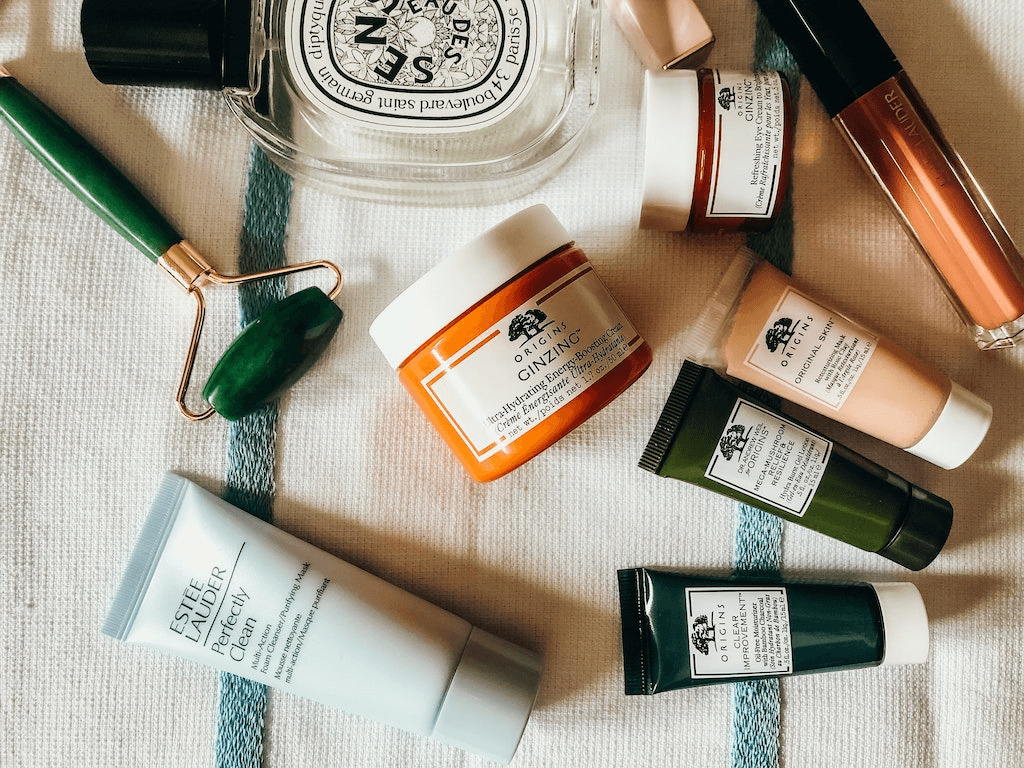The skincare industry is one of the most lucrative industries globally, with a net worth of $180 billion in 2019. With such a massive market, many companies are competing for consumers’ attention, with each brand trying to outdo the other in terms of product quality and efficacy. However, in the quest to create high-performing skincare products, some companies use potentially harmful ingredients. These harmful skin care ingredients are cheap and easily accessible, making them attractive to some manufacturers. But, in the long run, these ingredients can cause significant damage to the skin and overall health. In this blog post, we will explore some of the most harmful skin care ingredients to avoid in skincare products.

Parabens
Parabens are synthetic preservatives that are commonly used in cosmetic and skincare products. They are added to prevent the growth of bacteria, yeast, and mold in products, extending their shelf life. However, parabens have been linked to various health concerns, including hormonal disruptions, breast cancer, and reproductive toxicity. Studies have found traces of parabens in breast cancer tissue, indicating that they can accumulate in the body over time. Therefore, it is essential to avoid skincare products that contain parabens, especially if you have a history of breast cancer in your family.
Sulfates
Sulfates are a type of surfactant used in skincare and hair care products. They are added to create a lather that removes dirt and oil from the skin or hair. However, sulfates can be harsh on the skin, stripping away natural oils, and causing dryness and irritation. Additionally, sulfates can be contaminated with 1,4-dioxane, a potential carcinogen. Therefore, it is essential to avoid skincare products that contain sulfates, especially if you have sensitive or dry skin.
Fragrance
Fragrance is a common ingredient in skincare and cosmetic products. It is added to mask unpleasant odors or to give products a pleasant scent. However, fragrance can cause allergic reactions, irritation, and sensitivity, especially for people with sensitive skin. Additionally, fragrance can contain potentially harmful chemicals, such as phthalates, which are linked to hormonal disruptions and reproductive toxicity. Therefore, it is essential to avoid skincare products that contain fragrance, especially if you have sensitive skin.
Formaldehyde
Formaldehyde is a preservative that is commonly used in skincare products. It is added to prevent the growth of bacteria, mold, and yeast, extending the product’s shelf life. However, formaldehyde is a known carcinogen and can cause skin irritation, allergic reactions, and respiratory problems. Therefore, it is essential to avoid skincare products that contain formaldehyde or formaldehyde-releasing preservatives, such as quaternium-15, imidazolidinyl urea, and diazolidinyl urea.
Mineral Oil
Mineral oil is a petroleum by-product that is commonly used in skincare products. It is added to create a barrier on the skin, preventing moisture loss and keeping the skin hydrated. However, mineral oil is a comedogenic ingredient, meaning it can clog pores and cause breakouts. Additionally, mineral oil can be contaminated with polycyclic aromatic hydrocarbons (PAHs), which are linked to cancer. Therefore, it is essential to avoid skincare products that contain mineral oil and opt for natural oils, such as jojoba, almond, or coconut oil.
Phthalates
Phthalates are a type of plasticizer used in skincare and cosmetic products. They are added to make products more pliable, such as nail polish and hairspray. However, phthalates can be absorbed through the skin and have been linked to hormonal disruptions, reproductive toxicity, and developmental problems in children. Therefore, it is essential to avoid
skincare products that contain phthalates and opt for products that are phthalate-free.
Retinyl Palmitate
Retinyl palmitate is a form of vitamin A that is commonly used in skincare products. It is added to promote collagen production and improve the appearance of fine lines and wrinkles. However, retinyl palmitate can increase skin sensitivity to the sun, making the skin more susceptible to sun damage and skin cancer. Additionally, retinyl palmitate can be converted into retinoids, which can be toxic in high doses. Therefore, it is essential to avoid skincare products that contain retinyl palmitate and opt for products that use other forms of vitamin A, such as retinol or retinaldehyde.
Hydroquinone
Hydroquinone is a skin-lightening ingredient that is commonly used in skincare products. It is added to reduce the appearance of dark spots and hyperpigmentation. However, hydroquinone has been linked to skin irritation, allergies, and ochronosis, a condition that causes darkening and thickening of the skin. Additionally, hydroquinone is a potential carcinogen and can cause DNA damage. Therefore, it is essential to avoid skincare products that contain hydroquinone and opt for natural ingredients, such as vitamin C or niacinamide, to reduce the appearance of dark spots.
Alcohol
Alcohol is a common ingredient in skincare products, especially toners and astringents. It is added to help remove excess oil and dirt from the skin and to create a sensation of tightness. However, alcohol can be harsh on the skin, causing dryness, irritation, and sensitivity. Additionally, alcohol can disrupt the skin’s natural pH balance, leading to an overproduction of oil and breakouts. Therefore, it is essential to avoid skincare products that contain high concentrations of alcohol and opt for alcohol-free products or products that contain lower concentrations of alcohol.
There are many ingredients to avoid in skincare products, as they can cause significant damage to the skin and overall health. It is essential to read the labels carefully and to research the ingredients in the products you use. Avoiding potentially harmful ingredients and opting for natural, plant-based ingredients can help improve the health and appearance of your skin. As consumers, we have the power to make informed choices about the products we use and to demand transparency and accountability from skincare brands. By avoiding harmful ingredients and supporting brands that prioritize safety and efficacy, we can create a more sustainable and healthy skincare industry.
